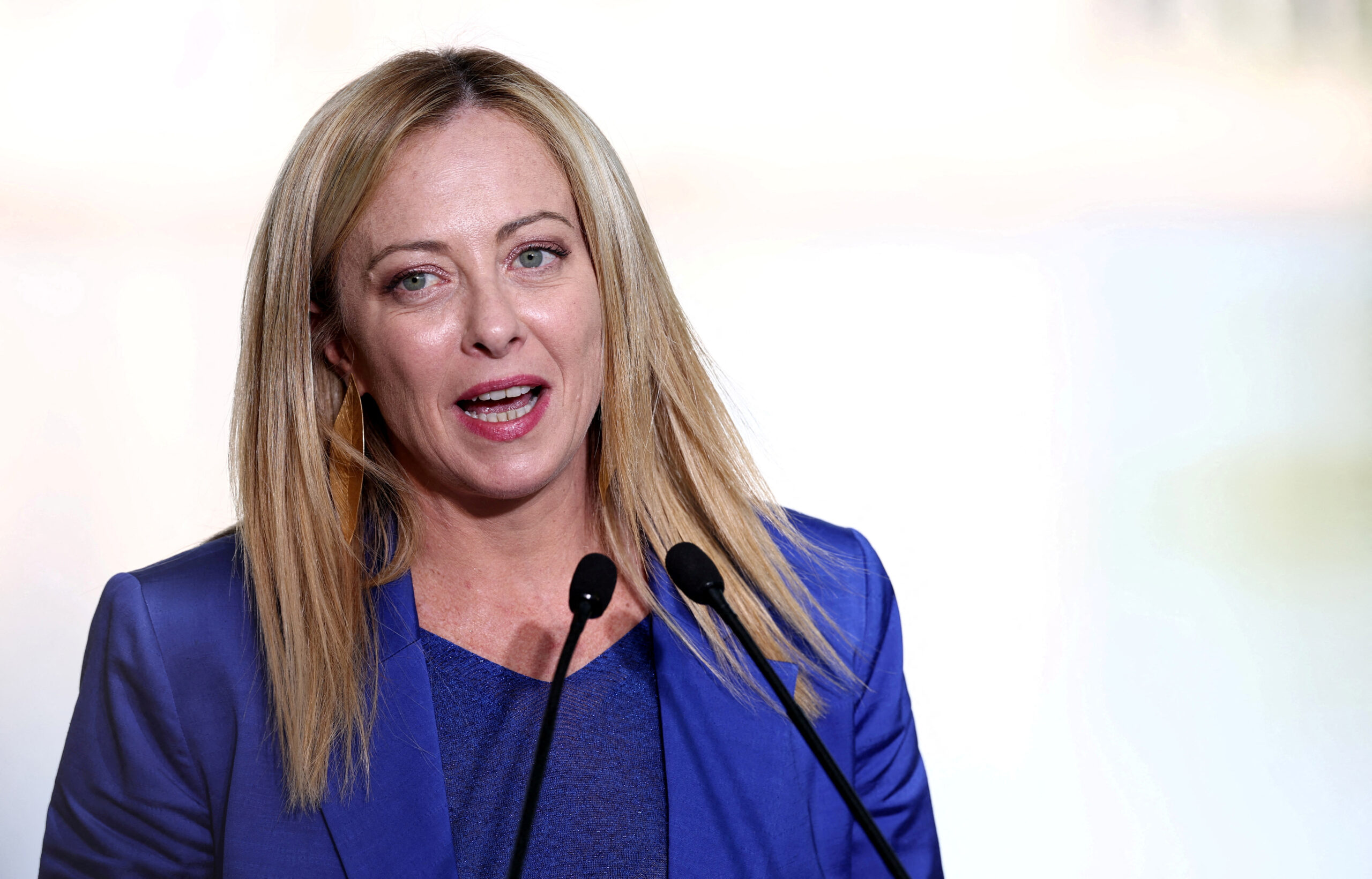By Angelo Amante and Keith Weir
ROME (Reuters) – Nations from the Mediterranean, Middle East and Africa agreed on steps on Sunday to try to slow unauthorised migration and to tackle some of the pressures driving people to leave their homes and attempt to reach Europe.
After a one-day meeting led by Italian Prime Minister Giorgia Meloni, the new alliance committed to crack down on people smuggling, but also to improve cooperation in areas such as renewable energy to fight climate change and improve the prospects of poorer nations.
ALSO READ: Tunisia and EU sign pact to stem migration
Participants from more than 20 countries agreed to make funding available to support development projects in what Meloni said would be a “Rome Process” that would last for several years.
She welcomed a pledge by the United Arab Emirates to provide $100 million and said the next step would be to organise a donor’s conference.
Softening her past hard-line rhetoric, Meloni said that her government was open to taking in more people through legal routes as “Europe and Italy needed immigration.”
But she said more needed to be done to prevent migrants trying to make the perilous Mediterranean crossing via unauthorised means.
“Halting the people-trafficking networks is an objective we all share,” she said.
The European Union and Tunisia, a major departure point for migrants, last week signed a “strategic partnership” deal that includes cracking down on human traffickers and tightening borders.
“We want our agreement with Tunisia to be a template. A blueprint for the future. For partnerships with other countries in the region,” European Commission head Ursula von der Leyen told the conference.
Tunisian President Kais Saied was among those attending.
POPE SPEAKS OUT
Speaking to crowds in nearby St. Peter’s Square earlier on Sunday, Pope Francis called on European and African governments to help migrants trapped in desert areas in North Africa and to ensure that the Mediterranean was never again “a theatre of death” for those attempting to cross.
Conference host Italy is struggling to cope with the number of unauthorised migrants arriving in centres such as its far southern island of Lampedusa.
ALSO READ: Biden 2024: His record so far on the economy, immigration, civil rights
However, it also has an ageing and declining population and needs additional workers to support its economy.
Earlier this month, Italy pledged to issue 452,000 new work visas for non-EU nationals from 2023 to 2025, increasing the number of permits available each year to a high of 165,000 in 2025. In 2019, before Covid struck, Italy issued just 30,850 visas.
Arrivals in Italy are surging this year with over 83,000 people coming ashore so far compared with around 34,000 in the same period in 2022.


